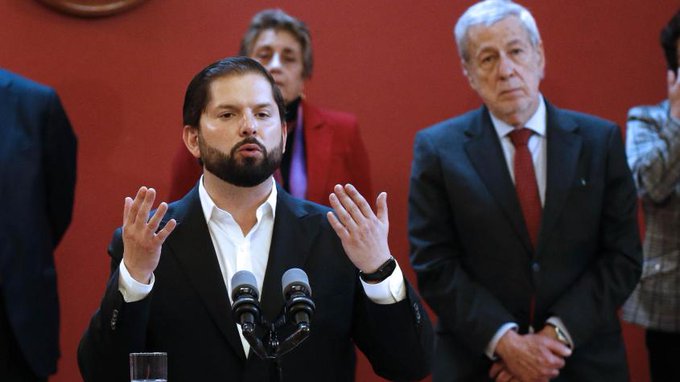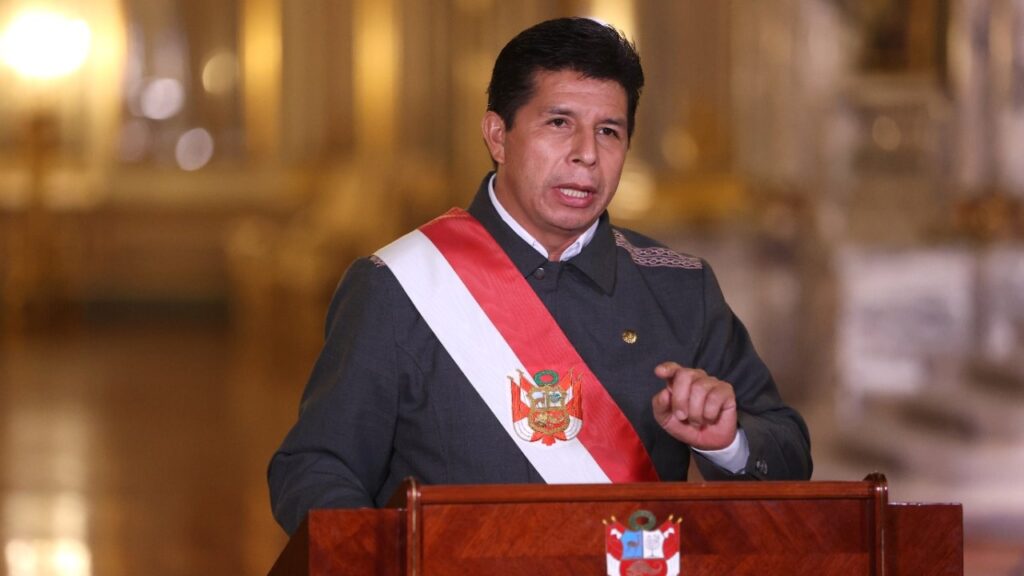Chile faced tragedy as a magnitude 4.2 earthquake killed six miners at the El Teniente copper mine in Rancagua, a city 120 kilometres south of Santiago, on July 31.
Five miners were trapped in collapsed mine tunnels, whilst one lost his life in a landslide caused by the earthquake. At least nine others were injured.
El Teniente, the world’s largest underground copper mine, is operated by the state-owned company Codelco. It remains closed as ongoing police investigations seek to establish the exact cause of the earthquake, to determine whether it was provoked by mining activity or natural tectonic shifts.
Codelco announced on August 3 that it will lead an international investigation to determine the causes of the earthquake. Its chairman, Máximo Pacheco, stated in a press conference that the investigation would determine “what we did wrong” as a company.
Chilean President Gabriel Boric declared a three-day period of national mourning, which took place from August 3 to 5, in honour of the six miners who lost their lives and in support of their families and loved ones. The mourning period was dedicated to Paulo Marín Tapia; Gonzalo Núñez Caroca; Álex Araya Acevedo; Carlos Arancibia Valenzuela; Jean Miranda Ibaceta; and Moisés Pávez Armijo.
El Teniente’s worst incident in three decades
July’s earthquake marks the most serious incident at El Teniente since 1990, when a rock explosion killed six miners. Among the recent rescue team were specialists who had also participated in the 2010 operation to save 33 miners trapped for more than two months in the San José mine in northern Chile.
Rescuers at El Teniente worked tirelessly to locate and recover the five trapped miners. Their positions were identified using geolocation devices, and remote-controlled devices were deployed to clear the rocks blocking collapsed tunnels.
The earthquake was recorded at a depth of 500 metres, and approximately 3,270 tonnes of material were removed before all the bodies were recovered. The final recovery was completed on Sunday, August 3.
The five trapped miners were employees of the subcontracted firm Gardilcic Construction. Codelco has temporarily suspended contracts with the contractors directly involved in the incident until at least August 13.
Contradictory accounts under investigation
On Wednesday, a team of external experts and members of the Chilean Investigative Police (PDI) entered the scene of the accident to conduct initial forensic tests, and are treating the incident as a possible case of involuntary manslaughter.
PDI Homicide Brigade Deputy Chief, Osvaldo Zamorano, led the team into the mine and stated that their objective was to “assess the scene” and begin “forensic examinations.”
That same day, it was reported that the National Public Prosecutor’s Office (Ministerio Público) would summon the chairman of Codelco, Máximo Pacheco, and the general manager of Codelco’s El Teniente division, Andrés Music, due to contradictions in their statements about the causes of the earthquake.
Pacheco implied in a statement to local radio station Radio Cooperativa just hours after the earthquake on Thursday July 31 that it may have been provoked by drilling activity during underground mining. However, Music contradicted this, stating that the event was not caused by explosives and suggested that it was the result of tectonic plate movement.
Codelco announced on Monday that Music is departing from the company after a 15-year career, effective August 12, 2025. “This decision is not a response to the assignment of any responsibility, but rather stems solely from the need to focus the division’s attention on the challenges posed by the implementation of the Safe and Gradual Return Plan.”
Codelco remains closed during the investigations, with estimated daily losses between $8 million and $10 million USD.
Government response
In a national address Sunday August 3, President Boric assured that the government “will not rest until there is clarity about what happened, and responsibility is established, so that this does not happen again,” also emphasising the importance of Chile’s mining industry, which is the world’s largest producer of copper.
He posted on Twitter that the new Cabinet Council and ministers opened their meeting on Friday by remembering the six miners who lost their lives in the El Teniente tragedy, describing it as “a pain still deeply felt throughout Chile.”
Featured image:
Image: El Teniente copper mine, Chile
Source: Codelco via Flickr
License: Creative Commons Licenses











